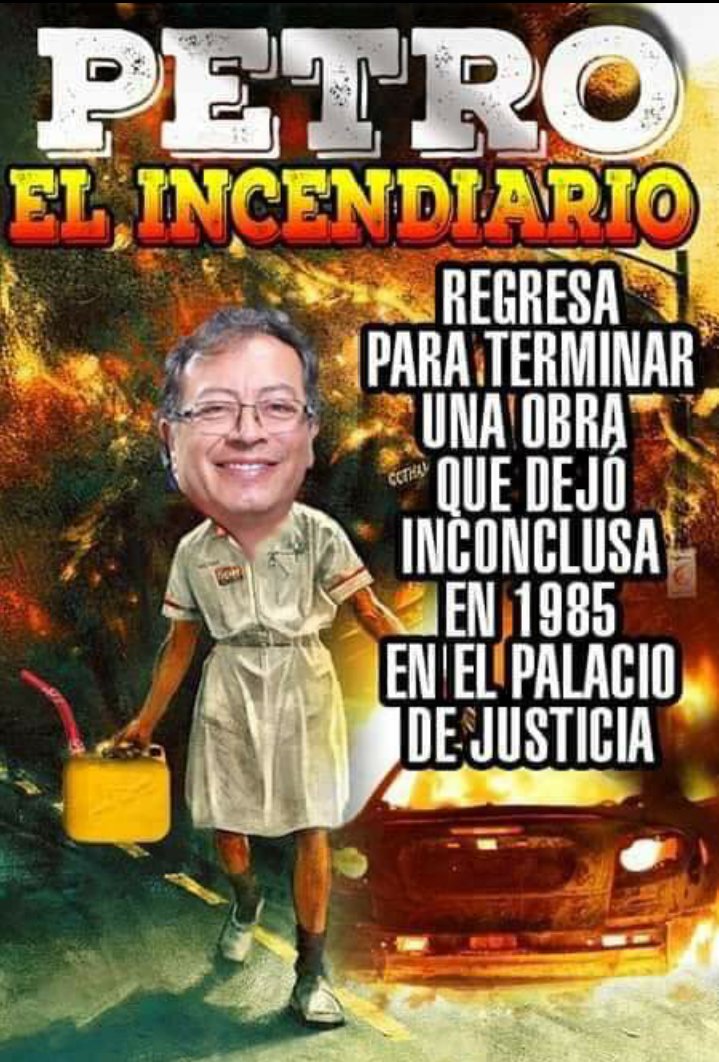What becomes of a legacy when the weight of a nation's complexities bears down? In the case of Iván Duque, former President of Colombia, the answer is a subject of ongoing debate, a tapestry woven from political maneuvering, economic challenges, and the ever-present specter of his predecessor, Álvaro Uribe.
The name Duque itself, as evidenced by the digital breadcrumbs scattered across the internet – the Instagram posts of Ivana Duque, the TikTok presence, and the Facebook connections – reveals a web of interconnected identities. But it is Iván Duque, the former president, whose story commands the most attention, demanding a deeper exploration of his time in office and the indelible marks he left upon Colombia.
| Attribute | Details |
|---|---|
| Full Name | Iván Duque Márquez |
| Date of Birth | August 1, 1976 |
| Place of Birth | Bogotá, Colombia |
| Education | Law degree from Sergio Arboleda University (Colombia); Master's degrees from American University (Washington, D.C.) and Georgetown University (Washington, D.C.) |
| Political Party | Democratic Centre Party |
| President of Colombia | 2018 – 2022 |
| Previous Career | Worked at the Inter-American Development Bank (IDB); United Nations |
| Key Policies | Economic reforms, focus on entrepreneurship, infrastructure development, and addressing drug trafficking. |
| Major Challenges | Implementation of the peace agreement with FARC, economic slowdown, social unrest, and managing the COVID-19 pandemic. |
| Legacy | Complex and debated, shaped by his relationship with Álvaro Uribe, his handling of the peace process, and the economic and social climate during his term. |
| Reference Website | Encyclopedia Britannica - Ivan Duque |
Born in Bogotá, Colombia, in 1976, Iván Duque's ascent to the presidency was marked by a clear trajectory. His educational background, which includes law degrees from Sergio Arboleda University and master's degrees from American University and Georgetown University, provided a solid foundation. His professional experience at the Inter-American Development Bank (IDB) and the United Nations further honed his skills, preparing him for the complex arena of Colombian politics.
His political career took flight within the orbit of former President Álvaro Uribe Vélez, a figure who continues to cast a long shadow over Colombian politics. Uribe, the founder of the Democratic Centre Party, handpicked Duque as his protégé and the party's presidential candidate in 2018. This backing proved crucial in Duque’s election, positioning him as the successor to Juan Manuel Santos.
Duque’s time in office was characterized by a complex interplay of successes and challenges. He inherited a nation grappling with the implementation of the peace agreement with the FARC guerrilla group, a process that continued to be a source of contention. Duque's administration faced the challenge of navigating the complexities of this agreement while also working to address Colombia's social and economic landscape. The economic climate during his term, along with social unrest and the onset of the COVID-19 pandemic, further complicated his efforts.
Economically, Duque's administration implemented various reforms and initiatives. A key focus was on fostering entrepreneurship, seeking to boost economic growth through support for small and medium-sized businesses. Infrastructure development was another area of emphasis, with the government undertaking projects aimed at improving the nation's transportation and communication networks. At the forefront of these efforts, the administration faced the persistent issue of drug trafficking, an issue with deep roots in the fabric of Colombian society.
The weight of these issues had a direct impact on Duque's legacy. As with any leader in any nation, his time in office is measured not merely by his actions but by the ripple effects of those actions across society. The choices Duque made, the policies he pursued, and the responses he provided to the crises that arose are all examined through the lens of their impact.
The peace process, a defining element of Colombia's recent history, remained a pivotal issue during Duque's presidency. The agreement with FARC, which had been championed by the preceding administration, faced challenges. Duque’s stance on the peace deal, influenced by his close ties with Uribe and the Democratic Centre Party, was to seek revisions and modifications. This approach, while supported by some, sparked debates across the country.
Beyond the peace agreement, Duque confronted several economic and social challenges. The economic slowdown, coupled with rising social tensions, presented significant obstacles to his administration. Colombia, like many other nations, faced economic headwinds, impacted by global factors, and struggled to maintain sustainable economic growth.
The onset of the COVID-19 pandemic added further layers of complexity to Duque's presidency. The crisis created a crisis on public health, and also brought economic hardship and social disruption, and forced the government to introduce extensive measures to mitigate its effects. These measures, while necessary, were subject to public scrutiny, and their effectiveness continues to be debated.
The legacy of Iván Duque, like those of most leaders, remains a work in progress. His political actions and the resulting impacts have opened up avenues for reflection and debate. The former president's legacy is inextricably linked to the influence of Álvaro Uribe, the success (or lack thereof) of his peace process negotiations, and the economic and social conditions during his term. Colombian voters, like the world at large, will continue to examine and evaluate the impact of Duque's leadership, and how it is shaping the future of the nation.
Social media provides a unique window into the echoes of the Duque presidency. While the Instagram accounts of Ivana Duque offer a glimpse into a different facet of the Duque name, it is the political sphere, where Iván Duque's actions continue to reverberate. The discussions online about policies, the economy, and the peace process stand as testament to how intertwined current-day concerns are to Duque's actions in the past.
In the end, the evaluation of any leader is a process that extends far beyond their time in office. It is shaped by the subsequent policies, events, and the evolution of a nation’s understanding of its own history. As Colombia continues to navigate its own path, the legacy of Iván Duque will remain an important part of its story.



